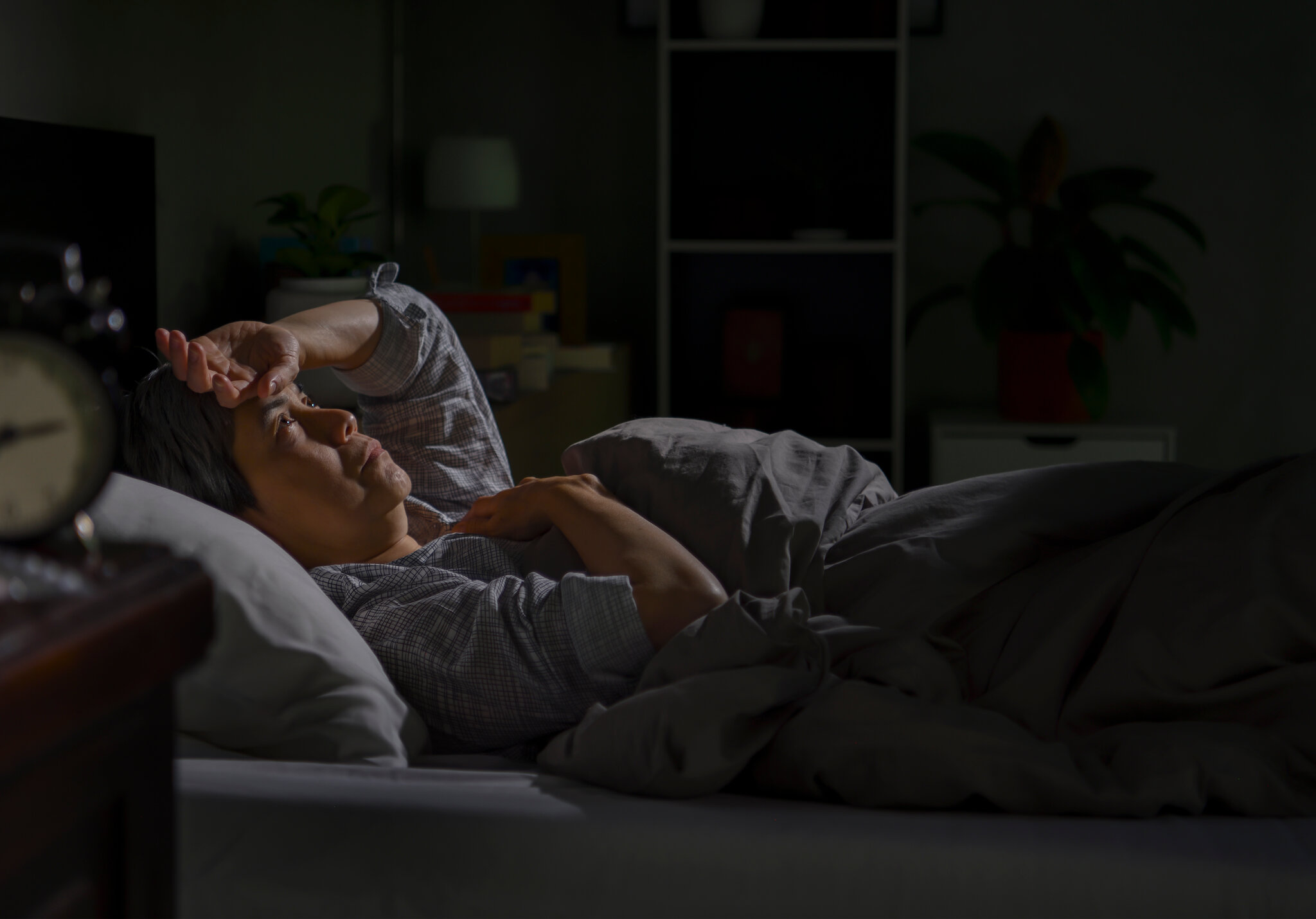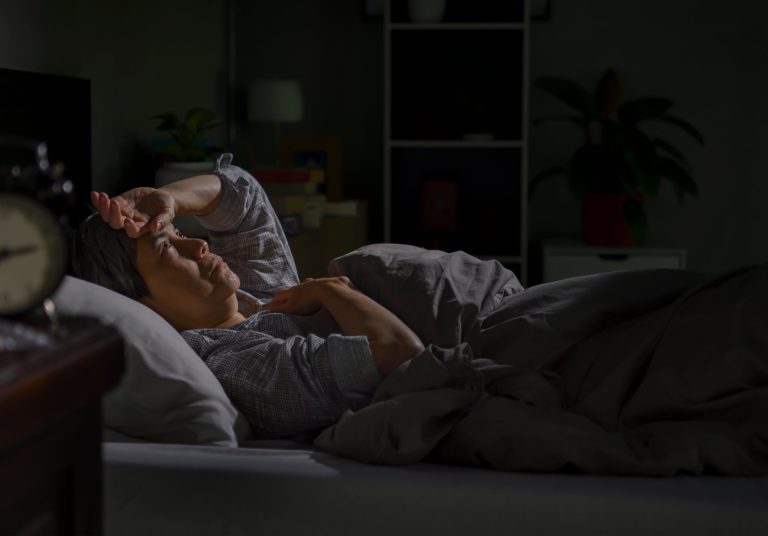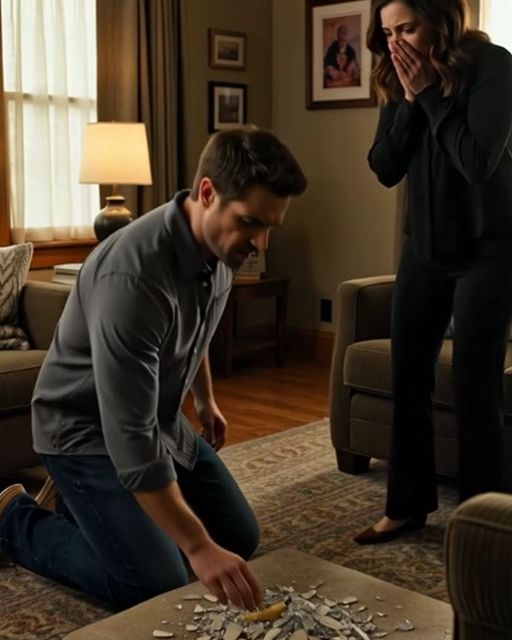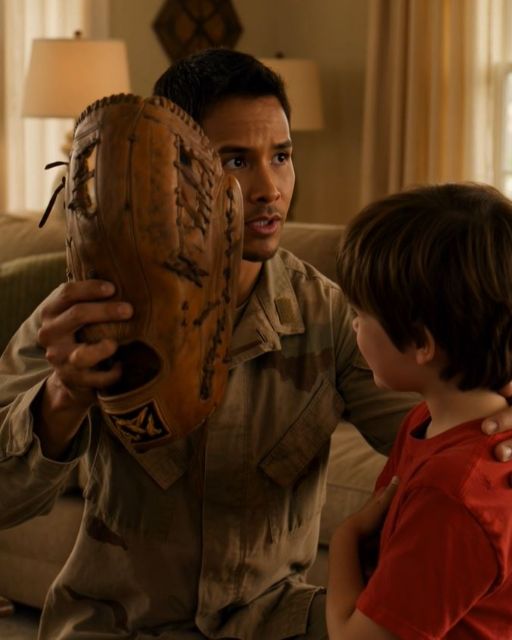Do you ever wake up in the middle of the night, with sudden and painful muscle cramps that leave you gasping for relief? You’re not alone. Charley horses, also known as muscle cramps, can strike without warning, and they can be both alarming and incredibly uncomfortable. In this article, we will explore what charley horses are, why they happen, and what you can do to prevent and treat them effectively.

What are Charley Horses?
Charley horses are sudden, involuntary muscle contractions that commonly occur in the legs, especially in the calves. They can happen to anyone, regardless of age or fitness level. These cramps can be brief but also last for several minutes, causing intense pain and temporary immobility. They are not only associated with physical activity but can also disrupt your sleep and overall comfort, particularly at night.
What Causes Charley Horses?
Several factors can contribute to the occurrence of charley horses. Dehydration is a common cause, as it disrupts the balance of electrolytes like potassium, magnesium, and calcium that are vital for muscle function. Overexertion, repetitive motions, poor circulation, nerve compression, lack of stretching before exercise, and certain medications can also trigger these cramps. Pregnant women and older adults are particularly vulnerable due to changes in their bodies and muscle elasticity.
Symptoms of Charley Horses
The primary symptom of a charley horse is a sudden, sharp pain in the affected muscle, often accompanied by a hard lump of muscle tissue under the skin. The cramping muscle may feel firm to the touch, and the pain can range from mild to severe. There may also be tenderness or soreness in the area after the cramp subsides, and you might experience temporary limitations in movement or flexibility.
Prevention Strategies
Preventing charley horses involves addressing the various risk factors associated with muscle cramps. Staying well-hydrated and maintaining a balanced diet rich in electrolytes is crucial. Stretching before and after physical activities, gradually increasing exercise intensity, and avoiding overloading your muscles can also help prevent these cramps. Wearing properly-fitted shoes, avoiding long periods of inactivity or sitting, and incorporating activities that promote muscle flexibility, such as yoga or Pilates, can be beneficial.
Treating Charley Horses
When a charley horse strikes, immediate treatment can provide relief. Gently stretching and massaging the cramped muscle can help alleviate the discomfort. Applying heat in the form of a warm towel or heating pad can relax the muscle, while a cold pack can reduce pain and inflammation. Staying hydrated by drinking water or electrolyte-rich fluids is also essential. For severe or persistent cramps, over-the-counter pain relievers may be considered, but it’s always best to consult a healthcare provider for personalized advice.
Dietary Considerations
Your diet plays a significant role in preventing charley horses. Consuming foods rich in potassium (such as bananas, oranges, and potatoes), magnesium (found in nuts, seeds, and green leafy vegetables), and calcium (including dairy products, fortified plant milks, and leafy greens) can help maintain proper electrolyte balance. Drinking plenty of water and avoiding excessive caffeine or alcohol can also aid in keeping your muscles properly hydrated and functioning well.
When to Seek Medical Attention
While charley horses are typically harmless, there are instances when medical attention may be necessary. If muscle cramps are frequent, severe, or persistent and interfere with your daily life, it’s important to consult a healthcare provider. Additionally, if cramps are accompanied by swelling, redness, or other unusual symptoms, or if they occur alongside other health issues, seeking medical advice is crucial to rule out underlying conditions that may require specific treatment.
In Conclusion
Charley horses can be distressing and disruptive, but there are ways to manage and prevent them. By staying hydrated, maintaining a balanced diet, and practicing good exercise habits, you can keep your muscles healthy and minimize the occurrence of these painful cramps. And if they do happen, simple treatments like stretching, massage, and proper hydration can offer quick relief. Remember, when in doubt, always seek professional medical advice to address any persistent or concerning issues.




